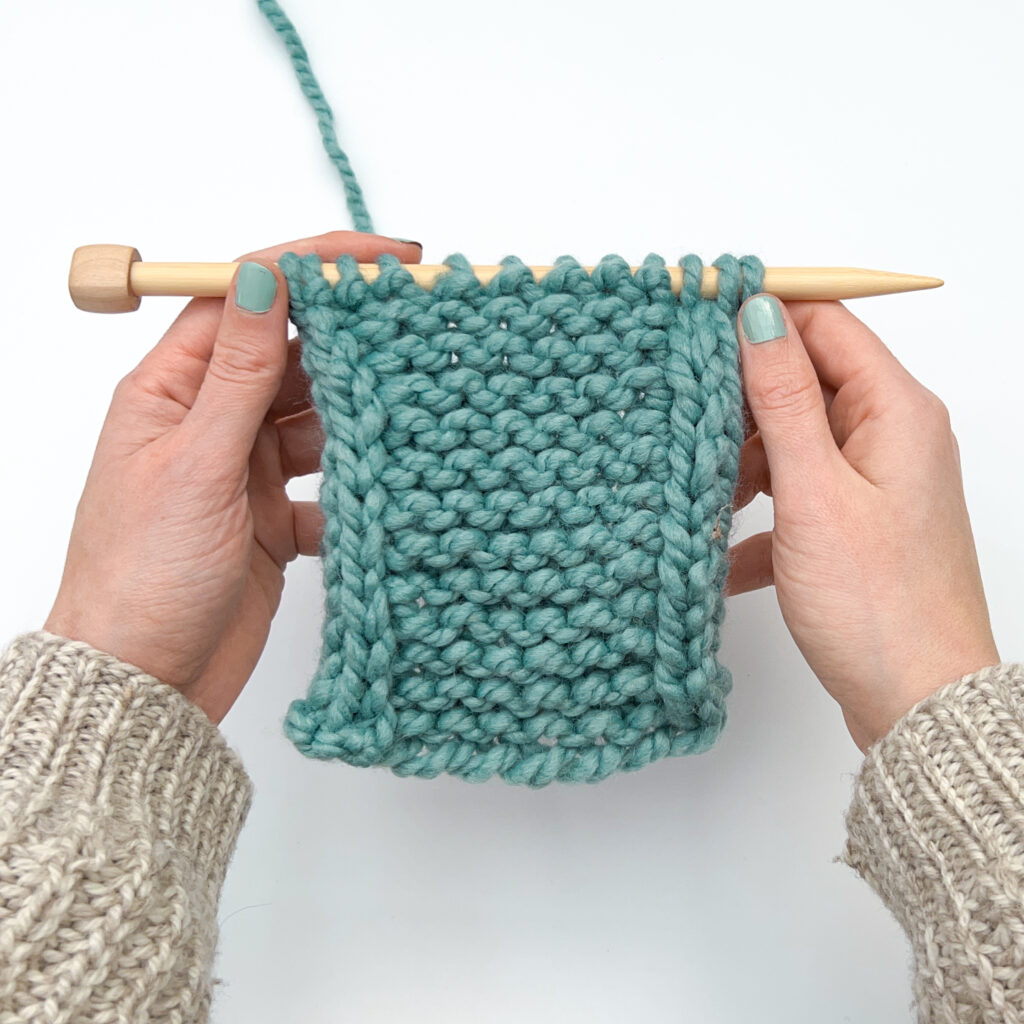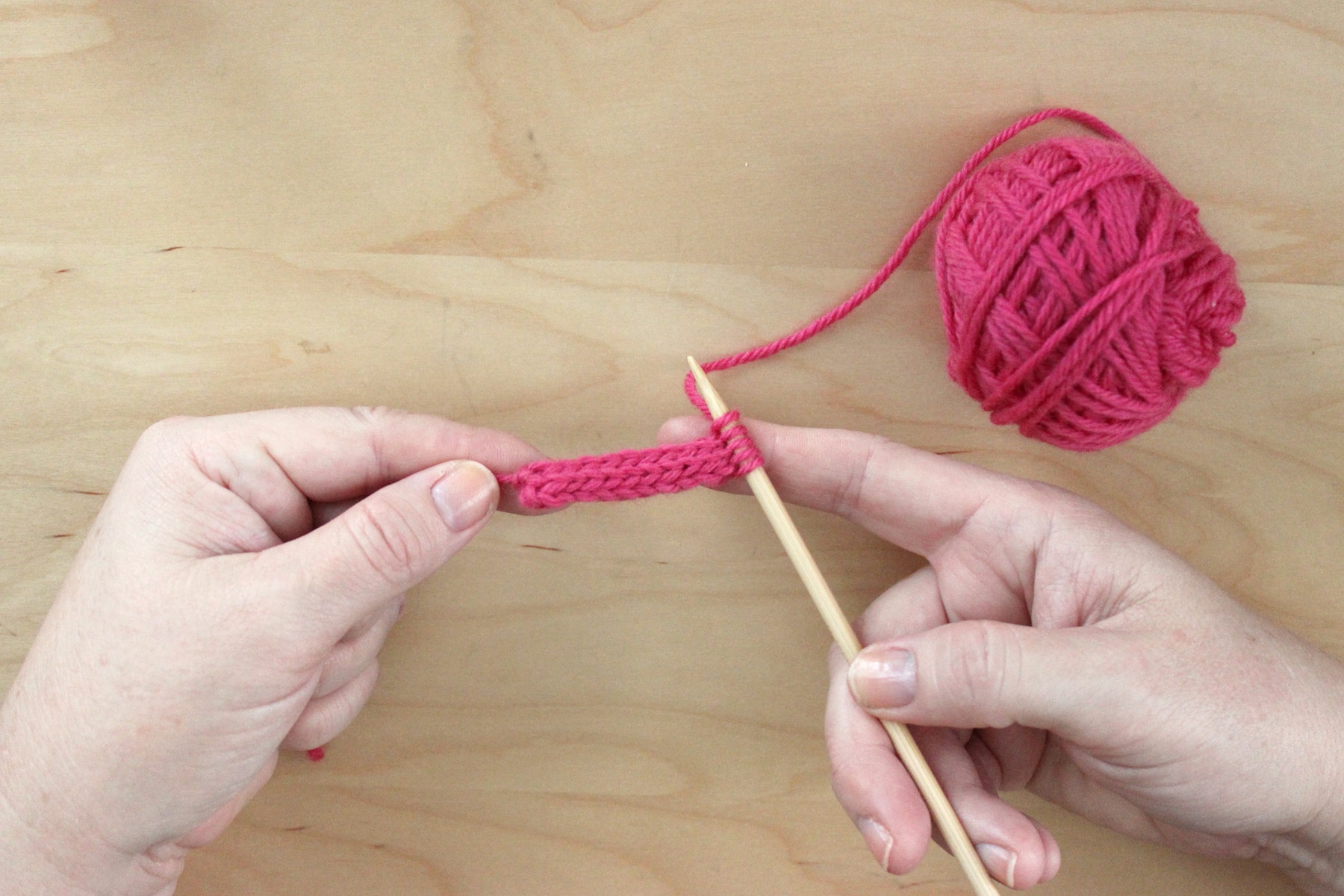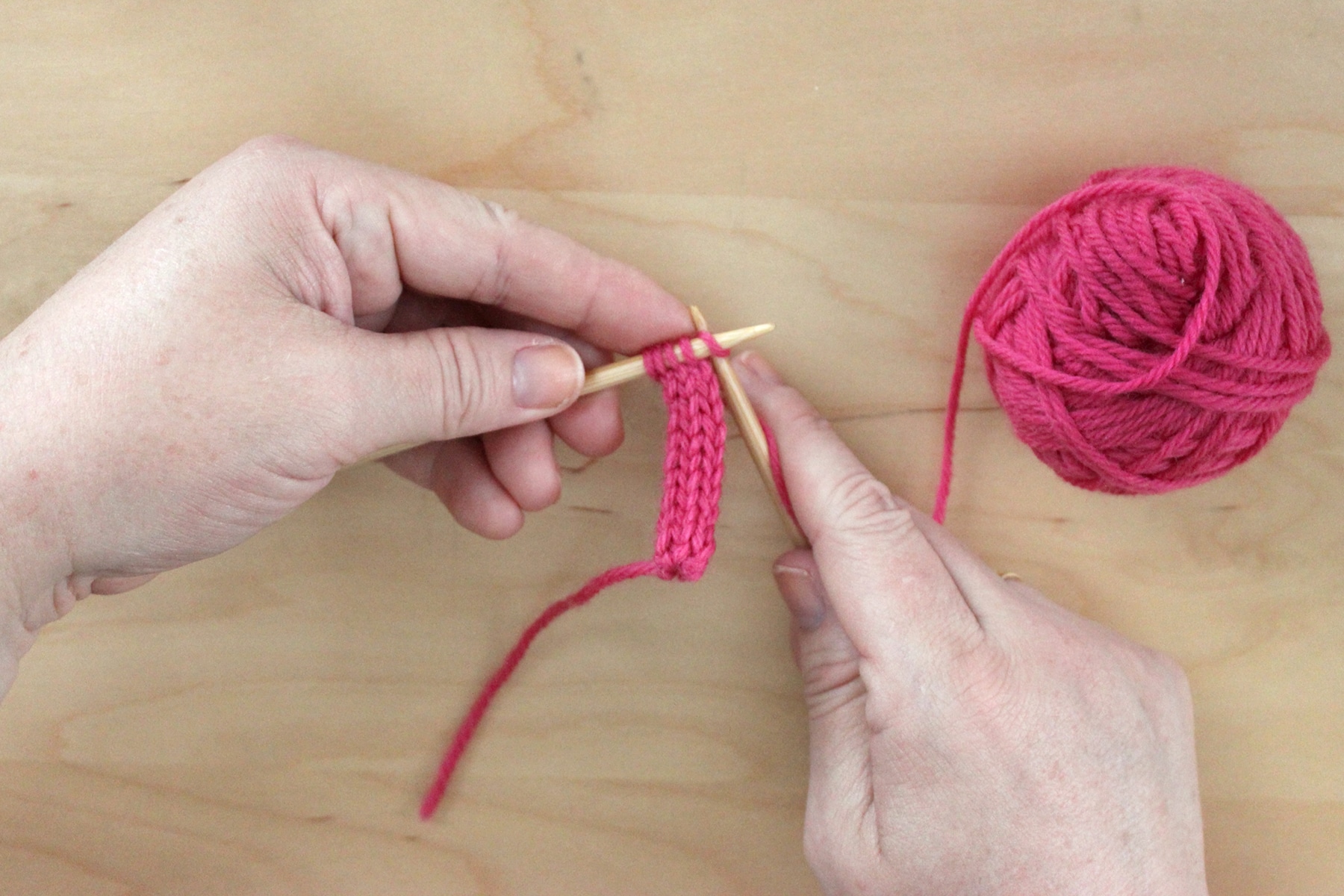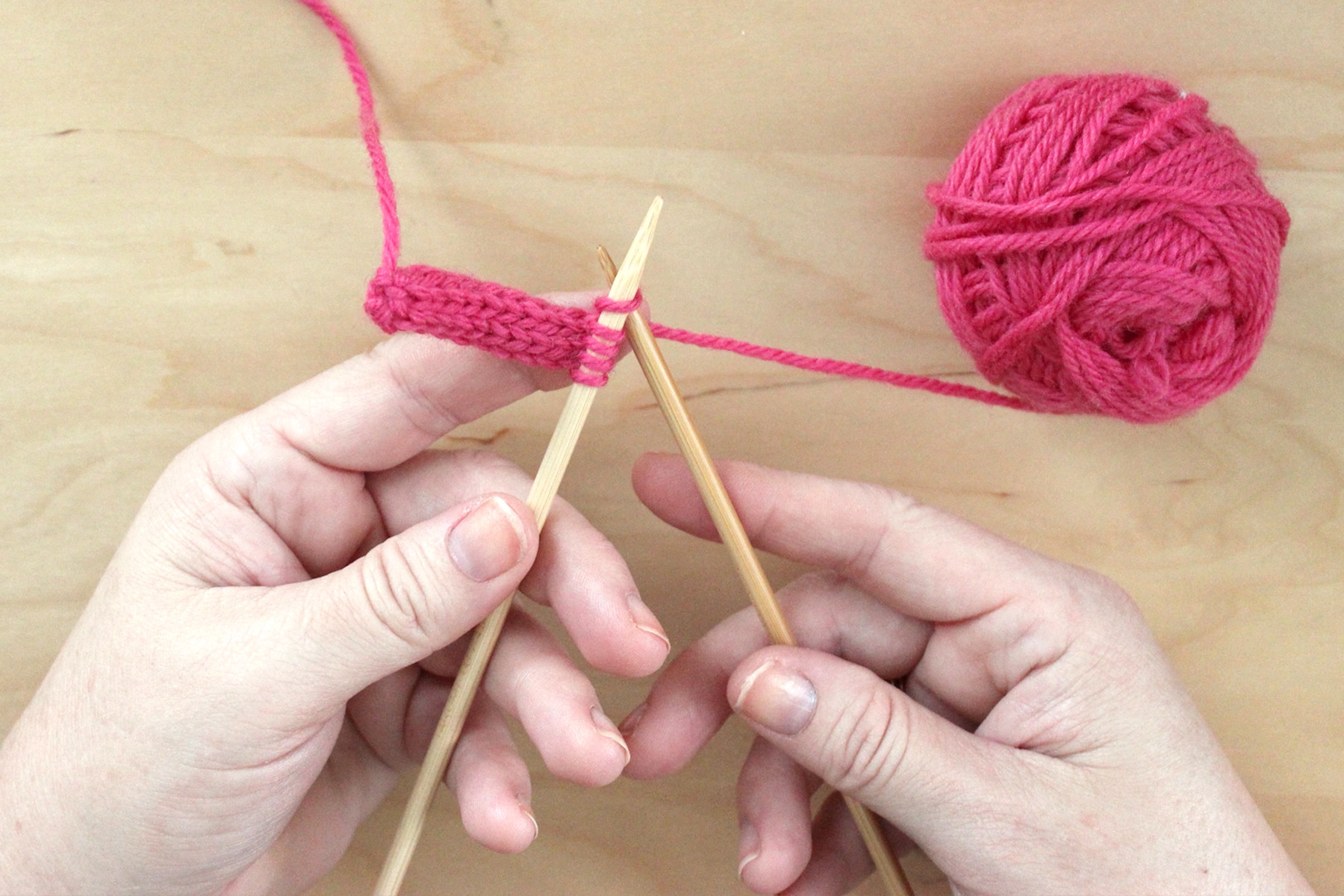Cord Knitting
Cord Knitting - Do you want to knit a fun little drawstring for your cowl or a strap for a baby hat? It creates a nice round edge suitable for necklines, armholes, button/zipper bands, and hems on sweaters. After you’ve cast on, knit your first row of stitches, but then don’t turn your work. 379k views 10 years ago knitting stitch library. Repeat from * for desired length. You can use applied i cord on one or two vertical sides of a project, but it does need to be done while working flat, back and forth. This kind of edge is worked perpendicular to the final row of the work. *without turning needles, push stitches to the right end of the needle and knit. I’m going to show you exactly how to knit an i. Here are several great ideas. After you’ve cast on, knit your first row of stitches, but then don’t turn your work. You can use applied i cord on one or two vertical sides of a project, but it does need to be done while working flat, back and forth. Often used for edging, trim, or embellishment. In this easy to follow video tutorial, we will. 379k views 10 years ago knitting stitch library. But what do you do with them after you knit them if you aren’t attaching them to a purse or booties? This kind of edge is worked perpendicular to the final row of the work. Instead, slide your stitches to the other end of the needle they’re on. Often used for edging,. They tend to have a lot of vertical stretch, but are useful as drawstrings in bags, applied to edges and borders as a finishing element, or in more artistic, abstract ways. Do you want to knit a fun little drawstring for your cowl or a strap for a baby hat? You can use this technique to connect up your mittens. *without turning needles, push stitches to the right end of the needle and knit. You can use applied i cord on one or two vertical sides of a project, but it does need to be done while working flat, back and forth. I’m going to show you exactly how to knit an i. After you’ve cast on, knit your first. This super simple technique takes just a minute to master and is one of the easiest things to create. Do you want to knit a fun little drawstring for your cowl or a strap for a baby hat? Get the written and full photo tutorial. It is a great way to make tie for any knit item that might require. Repeat from * for desired length. Cast on 2 stitches onto dpns. It’s a versatile, sleek trim with lots of benefits and few drawbacks. Often used for edging, trim, or embellishment. This super simple technique takes just a minute to master and is one of the easiest things to create. Do you want to knit a fun little drawstring for your cowl or a strap for a baby hat? The bind off works in a similar way, but requires a bit of preparation to make it work. In this video, knitting expert corrina ferguson demonstrates how easy it is to create this fun knitting detail. Join me as i walk. You can use applied i cord on one or two vertical sides of a project, but it does need to be done while working flat, back and forth. It creates a nice round edge suitable for necklines, armholes, button/zipper bands, and hems on sweaters. This super simple technique takes just a minute to master and is one of the easiest. Setting up the embellish knit. Repeat from * for desired length. Often used for edging, trim, or embellishment. You can use applied i cord on one or two vertical sides of a project, but it does need to be done while working flat, back and forth. It also creates a neatly finished edge on things like blankets and pillows. Thread your yarn through the little hole on the left side, which is going to help guide our yarn and keep it in place. This super simple technique takes just a minute to master and is one of the easiest things to create. 379k views 10 years ago knitting stitch library. 384k views 10 years ago knitting lessons with studio. After you’ve cast on, knit your first row of stitches, but then don’t turn your work. Web the i cord edging is created by slipping stitches at the edge before knitting them on the next row. You can use applied i cord on one or two vertical sides of a project, but it does need to be done while working flat, back and forth. The bind off works in a similar way, but requires a bit of preparation to make it work. In this easy to follow video tutorial, we will show you how t. (this is why you use double points.) They tend to have a lot of vertical stretch, but are useful as drawstrings in bags, applied to edges and borders as a finishing element, or in more artistic, abstract ways. These slipped stitches wrap around the edge, creating a sturdy tube of stockinette stitches. Here are several great ideas. Repeat from * for desired length. By kristen mcdonnell march 3, 2014 last updated: This kind of edge is worked perpendicular to the final row of the work. It also creates a neatly finished edge on things like blankets and pillows. It creates a nice round edge suitable for necklines, armholes, button/zipper bands, and hems on sweaters. 379k views 10 years ago knitting stitch library. Often used for edging, trim, or embellishment.![How to knit the ICord Bind Off A step by step tutorial [+video]](https://nimble-needles.com/wp-content/uploads/2020/08/icord-cast-off-in-three-different-widths-1024x684.jpg)
How to knit the ICord Bind Off A step by step tutorial [+video]

I Cord Edging 3 Steps for Perfect Rolled Edge

Kara’s QuickKnit Tip Making ICords Creative Knitting Blog

How to Knit an ICord Knitting Technique with Video Tutorial Studio

3 Ways to Knit an I Cord wikiHow

ICord Edging Knitting Tutorial YouTube

How to Knit an ICord Knitting YouTube

How to Knit an ICord Knitting Technique with Video Tutorial Studio

How to Knit an ICord Knitting Technique with Video Tutorial Studio

Fiber Flux How to Knit An ICord
But What Do You Do With Them After You Knit Them If You Aren’t Attaching Them To A Purse Or Booties?
Cast On 2 Stitches Onto Dpns.
It Is A Great Way To Make Tie For Any Knit Item That Might Require It.
*Without Turning Needles, Push Stitches To The Right End Of The Needle And Knit.
Related Post: